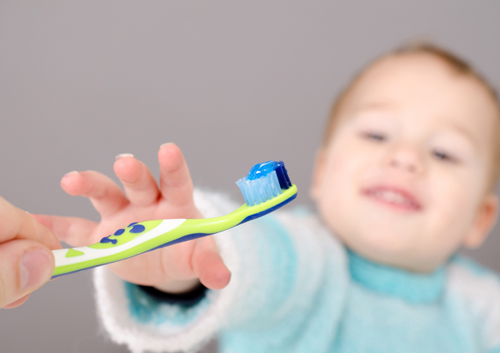Make Every Day Earth Day
April 25th, 2023

Earth Day began in 1970 as an event to raise awareness of our environment. What began as a single day in April is now recognized around the world to bring attention and education to global environmental issues. Conserving our natural resources, reducing water and air pollution, and developing green technologies are all ways in which we can improve the environment around us.
Reduce, Recycle, and Reuse
One of the easiest ways to participate in Earth Day is by simply reducing the amount of refuse that ends up in landfills. Many communities have recycling programs for paper, plastic, and metal refuse. By keeping recyclable items out of landfills, we reduce the need for new disposal space and the amount of energy needed for burning refuse. Recycling products also helps conserve the resources that are used in making new products.
You can save money by reducing your consumption of many everyday products. Single disposable water bottles can be recycled but they are costly. By using filtered faucet water, you can conserve your financial resources. Disposable paper towels can also be wasteful. Consider reusable cleaning rags for the majority of your chores.
Reusing items saves both the environment and your finances. A large number of products can be re-purposed to create a new item. Old furniture can be remade into a new piece. Old clothing can be used for craft items. If you are not able to find ways to reuse your old items, donate them to a charity. Remember to continue your positive environmental steps on a daily basis.
Other things you can do to improve the environment
Everyone, young or old, can find ways to participate in improving the environment. Some ideas include:
- Planting trees
- Picking up litter
- Reducing energy consumption
- Walking, bicycling, or carpooling to work or school
- Disposing of hazardous waste properly
- Using rain barrels to conserve water for plants
Earth Day is designed to appreciate and celebrate the health of the earth. Keeping the earth healthy is important, but keeping your mouth healthy is important, too. Healthy teeth and gums contribute to your overall health and well-being, so remember to call our team at Pediatric Dental Specialists of Central Oklahoma to schedule an appointment. Have a happy and healthy Earth Day, from Dr. Brent Moody and Dr. Somer Heim!





